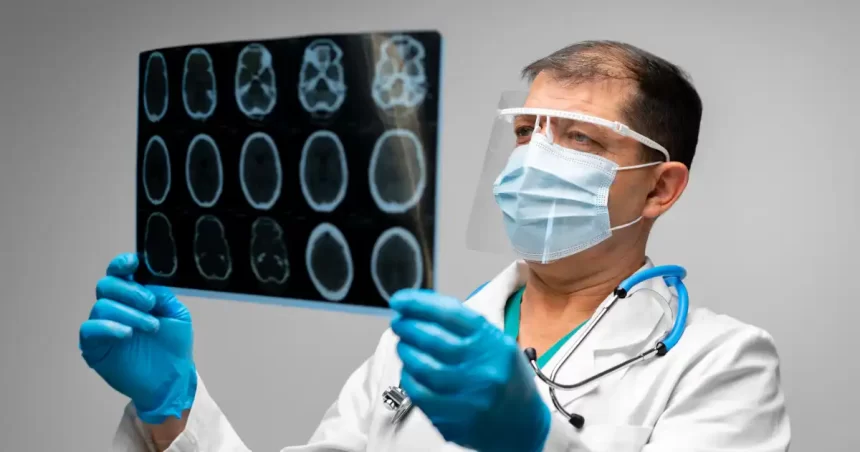Nuclear medicine is a powerful tool in modern healthcare. It helps doctors see how the body is working from the inside. Unlike regular X-rays or scans, nuclear medicine shows how organs and tissues function, not just how they look. This makes it easier to find problems early and treat them faster.
What Is Nuclear Medicine?
Nuclear medicine is imaging that uses small amounts of radioactive material, called radiotracers. Doctors give the radiotracer to a patient by mouth, through a vein, or by inhaling it. Once inside the body, the tracer travels to the area being studied. A special camera then takes pictures of the tracer as it moves.
This lets doctors see inside the body in ways other scans can’t. It shows how organs work in real time.
How Does It Help in Diagnosing Diseases?
Nuclear medicine helps detect many kinds of diseases. Some of the most common include:
- Cancer: It can find tumors, see if cancer has spread, or check if treatment works.
- Heart disease: Shows how blood flows to the heart and spots areas that may not be getting enough blood.
- Kidney and bladder problems: It tracks how well these organs filter waste.
- Thyroid disorders: It checks how active the thyroid gland is.
- Bone issues: It finds infections, breaks, or signs of cancer in bones.
These scans give clear, early clues about what’s wrong so doctors can act quickly.
Types of Nuclear Medicine Scans
There are several common nuclear medicine tests:
- PET (Positron Emission Tomography): Often used to find cancer or brain problems.
- SPECT (Single Photon Emission Computed Tomography): Gives 3D images of organs.
- Bone scan: Shows changes in bones due to injury or illness.
- Thyroid scan: Looks at how well the thyroid is working.
Each test uses different tracers and cameras based on what needs to be studied.
Is It Safe?
Yes, nuclear medicine is very safe. The amount of radiation used is small, often less than that of a regular X-ray. The body removes most of the tracer within a day or two. Doctors always make sure the benefits of the scan outweigh any small risk.
Also, these tests are painless. Most only require a simple injection or pill and then a scan.
Benefits of Nuclear Medicine in Healthcare
Nuclear medicine helps in many ways:
- Finds problems early: Diseases can be found before symptoms show up.
- Shows how organs work: Helps doctors make better treatment plans.
- Tracks treatment: Shows if medicine or surgery is working.
- Less need for surgery: Some problems can be seen without needing anon.
This makes healthcare faster, safer, and more accurate.
Conclusion: Why Nuclear Medicine Matters
Nuclear medicine plays a big role in diagnosing diseases today. It gives doctors a better view of what’s happening inside the body. It helps catch problems early and guide treatments from cancer to heart issues. It’s safe, quick, and can save lives by giving answers sooner.
If your doctor suggests a nuclear medicine scan, they want the clearest view possible to help you get better faster.


Leave a Reply